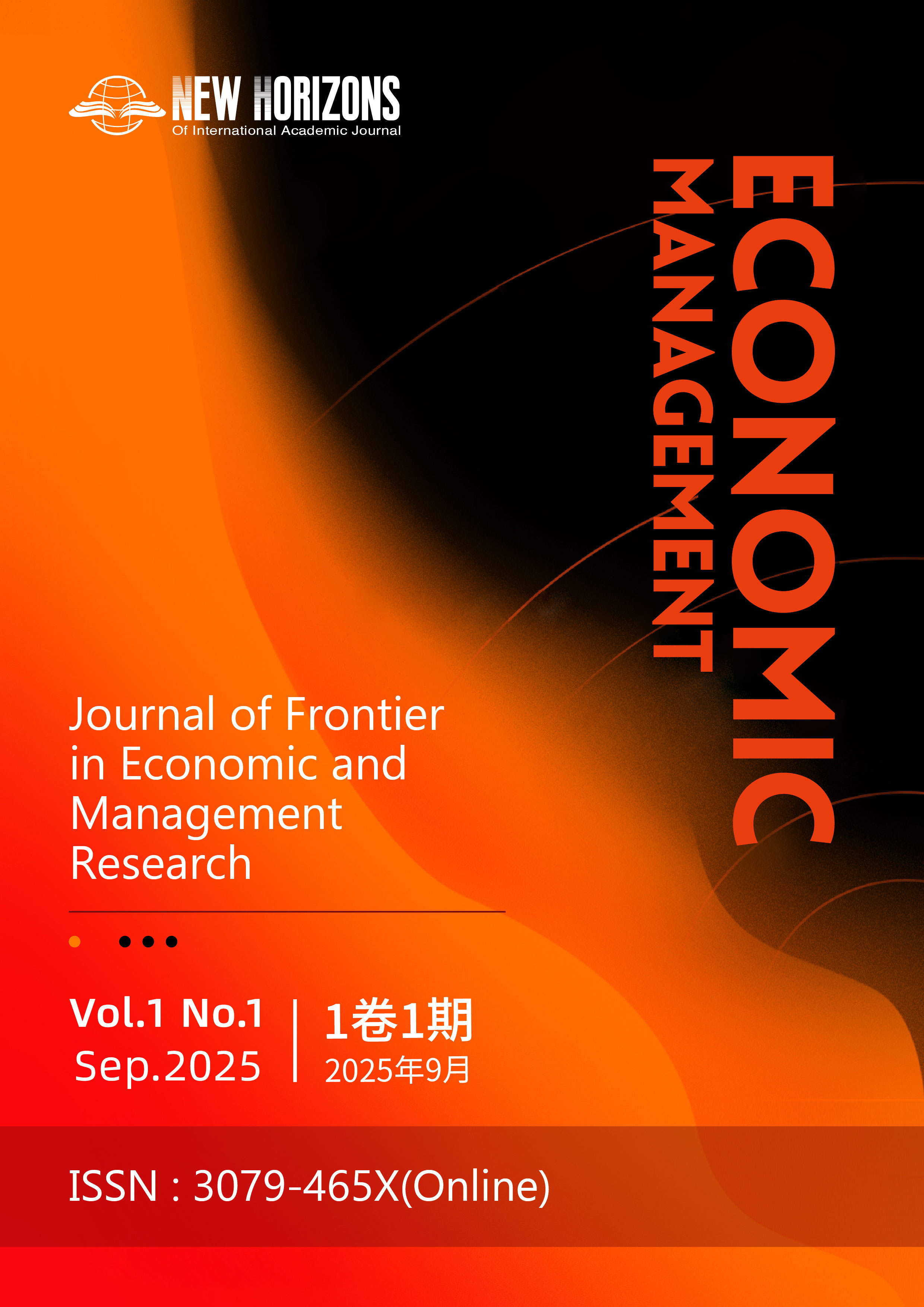Jing Ning (作者)
Faculty of Finance and Economics, Guangxi Science& Technology Normal University, Liu Zhou, China
Jun Tan (通讯作者)
Faculty of Finance and Economics, Guangxi Science& Technology Normal University, Liu Zhou, China
Al, management research, algorithmic governance, human-machine collaboration, knowledge networks
This article represents the key achievement of the 2025 Guangxi Higher Education Undergraduate Teaching Reform Project "Research on the Characteristic Iterative Practice of 'Four-Chain Integration' in AI Modeling and Decision-Making for Economics and Management Courses in Guangxi Universities under New Quality Productivity" (Project No.: 2025JGB455).
2025-09-15
Artificial intelligence (AI) technology is profoundly reshaping the global management ecosystem, transforming its role from a tool for efficiency to a structural force driving organizational change. This study, grounded in the context of China's modernization, systematically explores the multidimensional applications of AI technology in management research and the challenges it faces. The study finds core challenges in the current management field, including a crisis of adaptability between the industrial-era paradigm and the intelligent ecosystem, the dissipation of governance effectiveness caused by algorithmic black boxes, and cognitive barriers to human-machine collaboration. These issues stem from the conflict between mechanistic cognition and complex systems, the imbalance between instrumental and value rationality, and the paradigmatic differences between biological and machine intelligence. To address these challenges, the study proposes three solutions: building an AI-enabled distributed dynamic knowledge network, establishing a hierarchical and transparent governance system, and developing cognitive coupling interfaces. This research not only provides new perspectives for innovation in management theory but also offers practical paths for AI management practice in the Chinese context.
 PDF (英语)
PDF (英语)
版权所有 (c) 2025 经济管理前沿研究

本作品采用知识共享署名 4.0 国际许可协议授权。